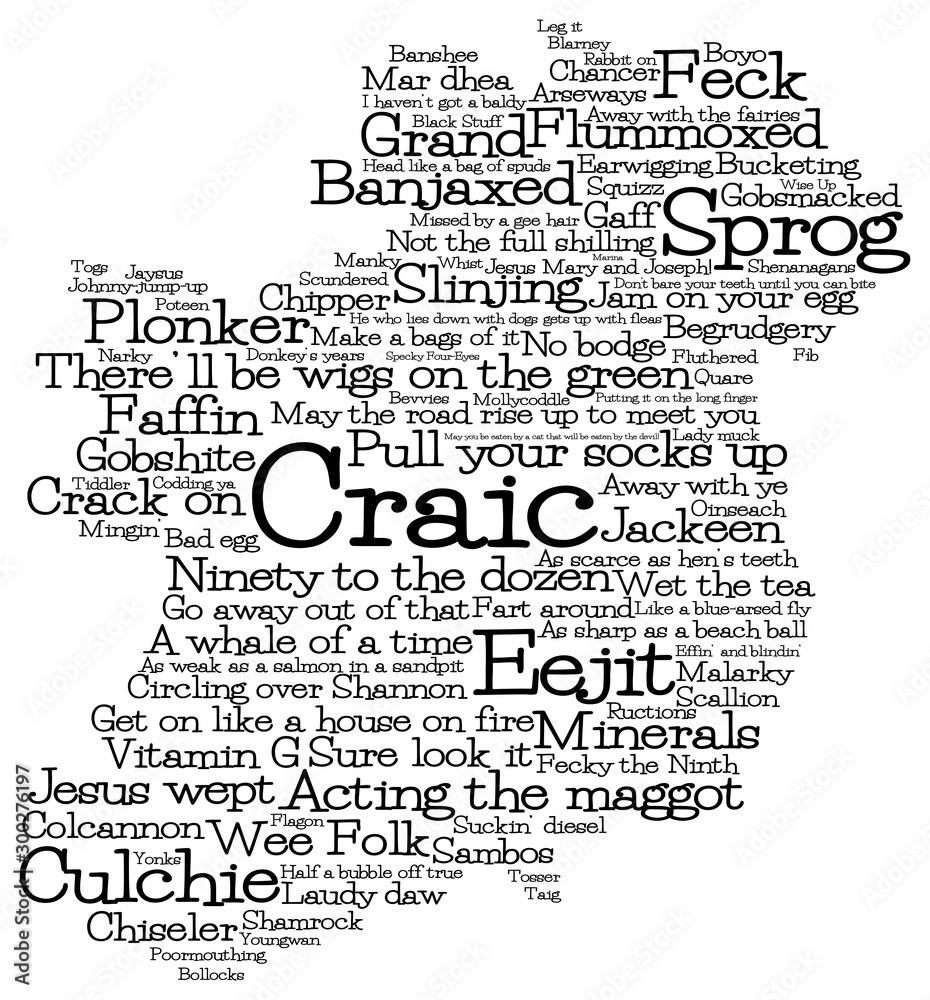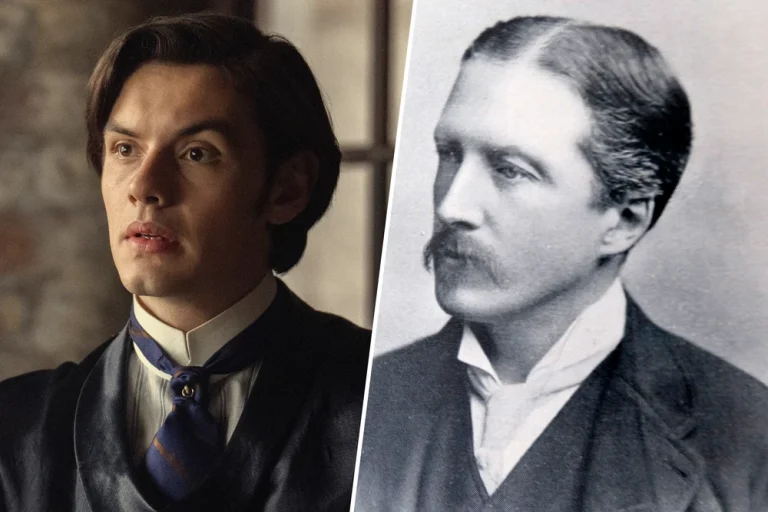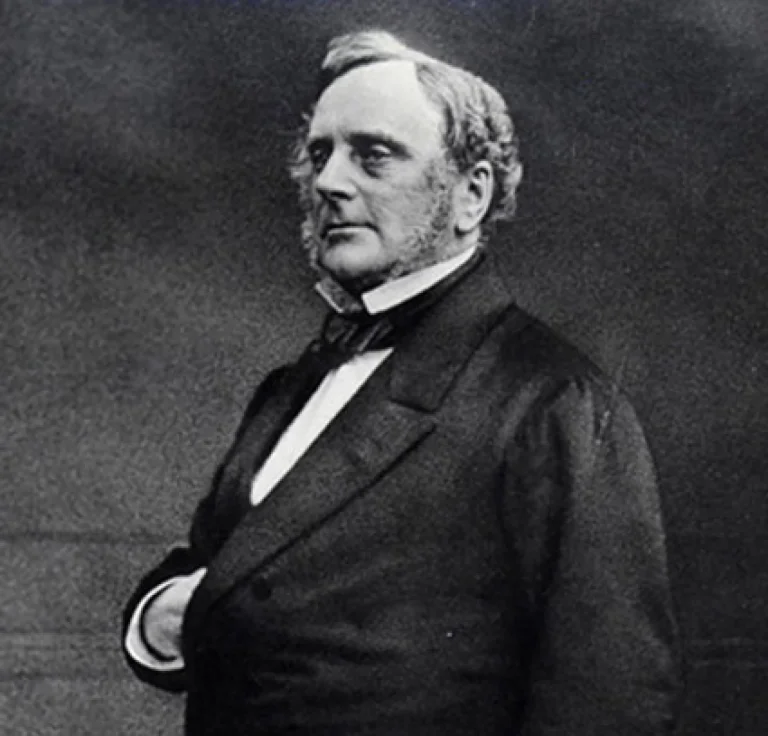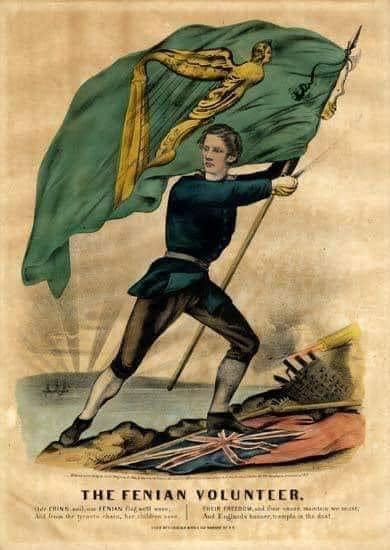
Ireland is famous for its wit, charm, and—perhaps most memorably—its barbed tongue. If you’re looking to master the art of Irish insult—whether for playful banter, writing that atmospheric pub scene, or just for fun—you’re in the right place. From Old Irish insults whispered centuries ago to modern-day zingers, Ireland’s ability to take someone down a peg is legendary. This guide will walk you through the history, context, pronunciation, and cultural flavor of Irish insults—from gentle ribbing to full-throated obscenities—complete with an Irish insults Generator so you can craft your own custom put-downs.
1. A Bite of History: Old Irish and Gaelic Curses
Long before cats became philistine, the Celts were crafting curses that carried power. Ancient Irish curses and hexes were often poetic invocations against one’s enemies. Think of lines like:
-
“Go mba hé an Bith go bhfásfaidh tú mar slán agat féin ar neamh.”
(“May you rot so thoroughly that heaven considers you dead.”)
Although these curses faded over time, their legacy lives on in modern expressions that still convey lethal charisma—or absurd humor.
2. Language Meets Attitude: Understanding the Irish Tongue
Many of today’s insults spring from the Irish language (Gaeilge). Even Non-Irish words like “feck” are clever Anglicizations of Irish blasphemy (in this case, “fiche,” meaning “twenty,” misused as a soft swear).
Gaelic Curse Words Pronunciation
-
“Feck!” – /fek/
-
“Póg mo thóin!” – “Pogue muh ho-in” (Kiss my arse!)
-
“Gowl” – /goul/
-
“Tadhg” – /taigʲ/
Knowing how these words sound is key to using them right—and responsibly.
3. Common Irish Insults and Their Origins
“Feck”
Ireland’s gentlest profanity—a do-all mild expletive (e.g., “Ah feck it, I forgot me keys”).
“Póg mo thóin!”
Literally “kiss my arse”—used when someone is well and truly brushed off.
“Gowl”
An insult for a foolish person—often a bit dim-witted.
“Tadhg”
Used to mock someone as a simple rural fellow, akin to calling someone a “hayseed.”
“Shut up” in Irish slang
You’ll hear:
-
“Shut yer gob” or “Shut yer hole” (casual)
-
For a sharper edge: “Do your stumach a favour and eat yer words.”
Irish slang for bad
“Poor fecker” (sorry sap) or “shite” (bog standard insult)—e.g., “That was a shite dig.”
“Bloody”
Used for emphasis: “That’s a bloody mess!” Equivalent to “very.”
“Poo poo”
A childish, dismissive call: “Ah take the poo poo out of you!”
4. Long Irish Insults: Let’s Get Verbose
Some of the most fecking fun insults are multi-clause, poetic, and brilliantly drawn-out. Here’s a real-deal example:
“May your auntie’s biddy catch your father’s chancre on a fortnight’s leaning in a ditch outside Ballygar—then you’ll walk home on a limping sheister!”
Or:
“You’re the only man I know who could trip over a cordless phone and argue with a stone wall about the acoustics!”
These are practically stand-up comedy in insult form.
5. Irish Insults Generator: Build Your Own
Try this template:
Example:
“You’re like a leek in a thunderstorm—green-around-the-gills, soggy in the breeze, and destined to wilt before sunset!”
Combine Irish tones for greater flavor:
-
“As useless as a chocolate teapot on a cold Tuesday morning.”
-
“You’d argue over five pennies on a pauper’s plate!”
6. Why Irish Insults Are Funny (and Not Actually Hurtful)
Irish insults often focus on silliness, exaggeration, and visual imagery. They rely on humor more than cruelty. Even curses and hexes once held poetic swagger instead of dark malevolence. It’s about clever denigration, not defamation.
7. Best Irish Insults (Quick Hits)
-
“You eejit.” – Classic: fool or idiot.
-
“Gobshite.” – Big mouth, small brain.
-
“Feckin’ savage.” – Tough but rude.
-
“You mucker.” – Rude scoundrel (but could be friendly).
-
“Pissant.” – Insignificant, annoying person.
-
“You clabberin’ eejit.” – You drooling fool.
8. Using Irish Insults With Respect
-
Know your audience: In Ireland, affectionate injuries are okay among friends—but not in formal contexts.
-
Tone matters: A cheeky delivery keeps it playful.
-
Repeat visitors beware: Using long Irish insults naturally indicates respect for the craft—but offensive misuse can be disastrous.
9. Beyond Insults: Irish Humour & Culture
Irish humour has sharp edges tempered with warmth. It’s showy, self-deprecating, and creative. Remember that many insults are part of a shared, witty culture—used with affection inside a friendly context. Even our harshest words often come with a grin.
10. FAQs: The Language of Irish Insults
Here are your specific questions—and the answers, wrapped in Irish wit:
1) How to curse someone out in Irish?
Use Póg mo thóin! for “kiss my arse,” or “Feck off, ya fecker!” for a sharper put-down. Use an Irish tone—not too harsh, but pointed.
2) What is Irish slang for shut up?
-
“Shut yer gob!” or “Shut yer hole!”
-
For drama: “Do your stomach a favour and eat your words.”
3) What is the Irish slang for bad?
-
“Shite” – generic badness
-
“Slabberin’ mess” – chaotic or incompetent
4) What is a gowl in Irish slang?
A “gowl” (/goul/) is someone foolish, incompetent, or easily led.
5) What does pog mo thoin mean?
It means “kiss my ass.” The Irish classic for brush-offs.
6) What is the Irish slang for bloody?
Simply “bloody”, used as a colloquial intensifier: “That was a bloody disaster!”
7) What is poo poo in Irish?
A childish dismissal—“poo poo” means trivial nonsense. (“Ah, take the poo poo out of me!”)
8) What is the Irish term ‘Feck’?
A mild, all-purpose swear that doesn’t offend as seriously as the “f-word.” It can mean everything from frustration to surprise.
9) What is a Tadhg slang?
Tadhg (/taig/): Clichéd “hayseed” or rural lad. Using “Tadhg” as an insult is calling someone a rustic fool.
11. Want More? Practice With These
-
Generate a fun insult using our template and share with friends.
-
Listen for Irish humor in podcasts or shows—The Irish Times about-page is a good start.
-
Try a Toastmasters Irish edition—practice public speaking with cheeky Irish lines.
-
Watch Irish sitcoms—like Derry Girls or The Young Offenders for real-life examples.
Final Thoughts: Insults With Heart
Irish insults aren’t meant to hurt—they’re sugar and vinegar. They show intelligence, imagination—and sometimes, as Gaeilge. The best ones are memorable, packed with images, and rooted in cultural flourish. So next time you need a verbal jab that lands with flair, whip out your Gaelic vocabulary and get best Irish insults aplenty.
Remember: you’re not just cursing—you’re carrying a tradition. Sláinte to that!



